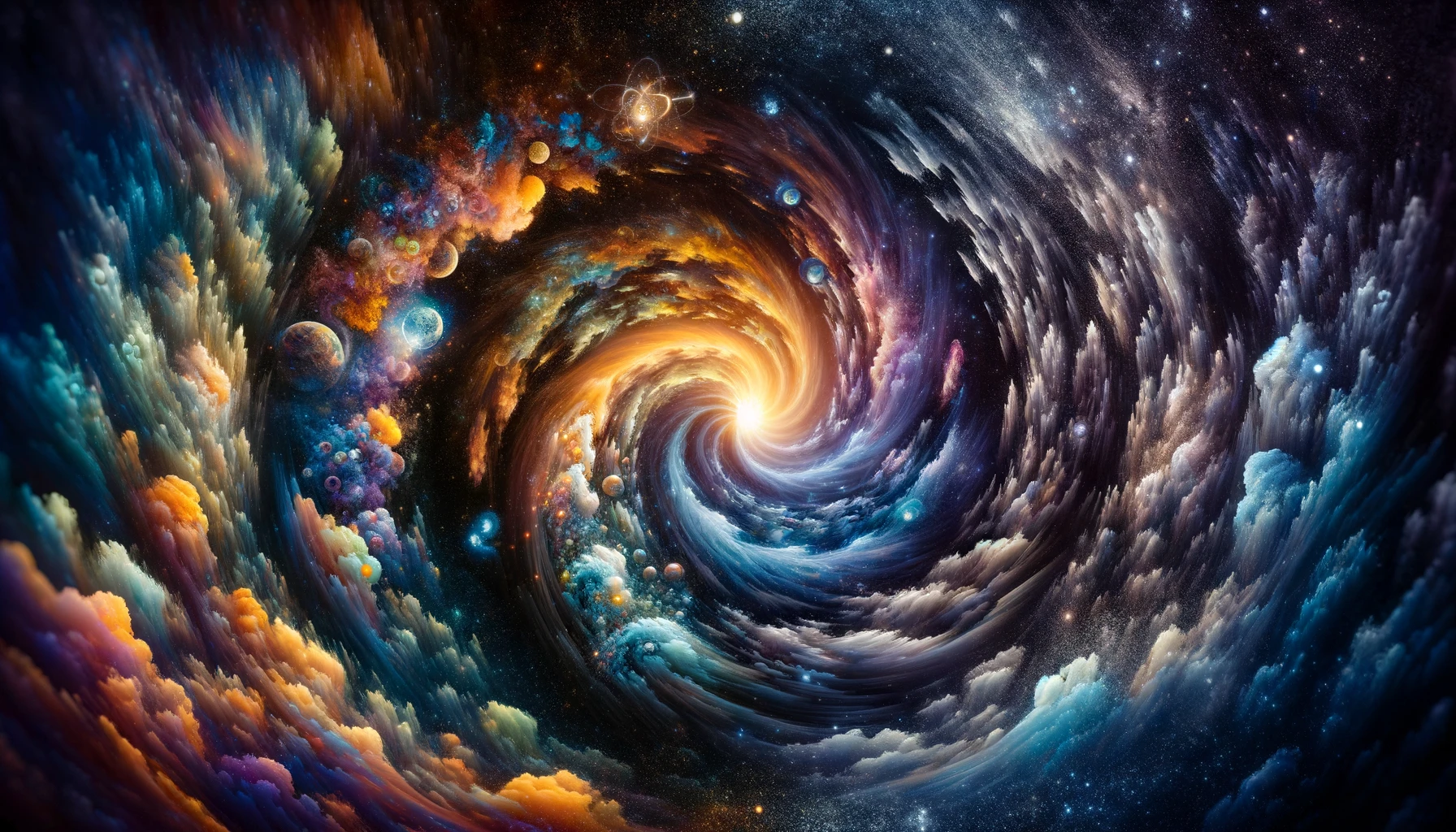A Biological, Philosophical and Technological Perspective of Life

Robots are not considered alive because they lack the fundamental characteristics that define living organisms. Life, as we understand it, is based on biological processes. Living organisms are made of cells, which are the basic building blocks of life. Robots, on the other hand, are constructed from inanimate materials like metal, plastic, and electronics.
While robots and AI can exhibit some characteristics reminiscent of life, such as movement, responsiveness, or even a form of 'learning', they fundamentally lack the biological complexity and self-sustaining processes that define living organisms. The distinction is important for both scientific classification and philosophical discussions about the nature of life and consciousness.
According to me, any entity that fights for its existence is alive.
The perspective that any entity that fights for its existence is considered alive introduces a philosophical dimension to the discussion of what constitutes life. This viewpoint seems to emphasise the behaviour or the functional characteristics of an entity rather than its biological makeup. Traditional definitions of life, as I mentioned earlier, are heavily based on biological criteria (cellular structure, metabolism, reproduction, etc.). My perspective leans more towards a behavioural criterion, where self-preservation is seen as a sign of life.
Modern AI and robots can be programmed to 'fight for their existence' in a metaphorical sense—like a computer program that tries to avoid shutdown or a robot that avoids damage to itself. However, this is based on pre-defined programming and not on an innate will or consciousness. The question then arises: Does programmed behaviour equate to the natural instinct found in living organisms?
If we start considering any entity that fights for its existence as alive, it brings up numerous philosophical and ethical considerations. For instance, how do we value different forms of 'life'? Would a self-preserving machine have rights, and what would be the nature of those rights?
As technology advances and machines begin to exhibit increasingly complex behaviours, these questions become more pertinent and challenging to address. It underscores the need for a multidisciplinary approach, combining science, philosophy, ethics, and technology to understand and define what we consider as alive.
So, in that context, what is life?
In the context of the discussion, defining life becomes a multi-faceted endeavour, touching upon biological, philosophical, and even technological aspects. Generally, life is characterised by a set of properties and processes typically observed in organisms. However, the definition can vary based on the perspective of the discipline from which one approaches the question.
- Biological Perspective: From a biological standpoint, life is usually defined by a set of characteristics that living organisms possess.
- Philosophical Perspective: Philosophically, the question of what constitutes life delves into the nature of existence, consciousness, and identity. Some philosophies might argue that life is defined by consciousness or the capacity for subjective experience and self-awareness. Others might argue, like in my perspective, that the will or drive to continue existence (self-preservation) is a key characteristic of life.
- Technological (AI and Robotics) Perspective: With the advent of advanced AI and robotics, the definition of life is being questioned and expanded. Some argue that if a machine exhibits behaviors traditionally associated with life (such as learning, adapting, or 'self-preserving' actions), it should be considered, if not alive, then perhaps possessing some life-like qualities. This perspective often leads to more questions than answers, touching on the nature of consciousness, the possibility of artificial consciousness, and what fundamentally separates biological life from artificial constructs.
In essence, while the biological perspective provides a clear set of criteria for what constitutes life, the philosophical and technological perspectives open the door to more nuanced and complex definitions. These definitions probe deeper into the nature of consciousness, existence, and the potential for non-biological entities to possess life-like qualities. As our understanding and technology evolve, so too might our definition of what it means to be alive.
It's a testament to the diversity and complexity of living systems. The distinction between being alive and having consciousness or self-awareness is crucial, especially as we explore not just the life we know on Earth but also the potential for life elsewhere in the universe, or even artificial forms of life that we might create.
